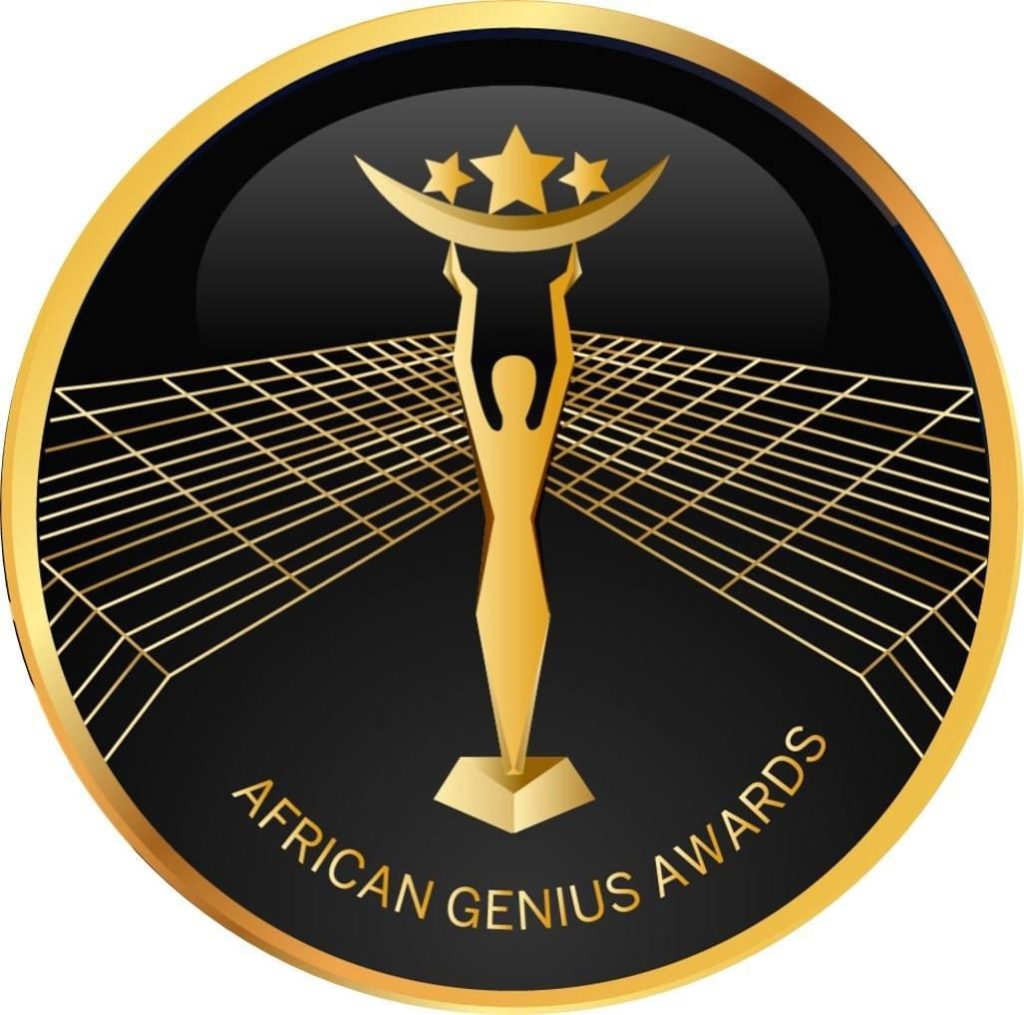In the annals of history, Africa has often been depicted as a passive spectator, relegated to the margins of human progress. Yet, the pages of “The Great Cosmic Mother“, especially in a chapter titled “The Original Black Mother”, boldly assert Africa’s rightful place as the birthplace of civilisation, challenging entrenched narratives and illuminating the continent’s profound impact on the course of human history. Allow me to delve deeper into the themes presented in the book, amplifying the call to reevaluate Africa’s historical narrative and acknowledge its central role in shaping the story of humanity.
At the heart of the argument lies the assertion that ancient African civilisations were not mere outliers but vibrant hubs of culture and innovation. The fertile expanse of the Sahara, once teeming with life, emerges as a crucible of civilisation, challenging prevailing notions of where and how civilisation began. By shining a spotlight on this overlooked chapter of history, we confront the biases and oversights that have obscured Africa’s contributions to human progress.
Central to the narrative is the figure of the Black Goddess, the Great Mother of Africa, whose influence extended far beyond the continent’s borders. Her presence, symbolised by the Horned Goddess and later embodied in the persona of Isis of Egypt, underscores the interconnectedness of ancient religious traditions. By tracing the lineage of the Black Goddess and her manifestations across Africa, the text invites us to reexamine the roots of our spiritual heritage and recognise the diversity of religious expression that has shaped human consciousness.

Moreover, the book underlines the imperative of excavating indigenous African mythologies and religious beliefs. The wealth of oral traditions, sacred rituals, and symbolic imagery offers a treasure trove of wisdom waiting to be unearthed. By engaging with these traditions, we not only honour Africa’s cultural legacy but also enrich our understanding of the human experience. The interconnectedness of African cosmologies with other world religions challenges the notion of religious exceptionalism and fosters a more inclusive dialogue among diverse spiritual traditions.
In addition to its spiritual legacy, Africa’s imprint on the tapestry of human civilisation is evident in its technological prowess and maritime achievements. From the mastery of iron smelting to the development of sophisticated writing systems, Africa’s technological innovations rival those of its counterparts in other parts of the world. The portrayal of legendary Atlantis as potentially located in West Africa challenges Eurocentric narratives of ancient civilisations and invites us to reconsider Africa’s historical significance on a global scale.
Furthermore, the book underscores Africa’s role as a nexus of cultural exchange and global trade. The evidence of West African mariners traversing the Atlantic to Central America reveals Africa’s far-reaching influence and its integral role in shaping transcontinental connections. By recognising Africa’s maritime heritage, we dispel the myth of isolationism and acknowledge the continent’s pivotal role in shaping global trade routes and cultural diffusion.
In re-centring Africa in our historical consciousness, we confront the legacy of colonialism and the distortions wrought by Eurocentric narratives. By reclaiming Africa’s place as the cradle of humanity’s story, we celebrate the resilience, ingenuity, and diversity of its peoples. Moreover, we lay the foundation for a more inclusive and equitable understanding of history, one that embraces the multifaceted contributions of all civilisations to the mosaic of human experience.
The book amplifies the call to rediscover Africa’s rich tapestry of history and reclaim its rightful place in the annals of human civilisation. By acknowledging Africa’s pivotal role in shaping the story of humanity, we honour the past, illuminate the present, and chart a course towards a more enlightened future.

Just the latest from our front, in a riveting interview on “Beyond Governance” with Dr. Nimrod Mbele, CEO of Plus 94 Research, Dr. Sifiso Falala, and CEO of Eight Red Apples, Sithembile Masia, and I representing Brandhill Africa, we positioned the visionary initiative known as the African Genius Awards (AGA) within the context of efforts re-engineering brand Africa. With the aim of celebrating the brilliance and innovation of African luminaries and trailblazers, the AGA represents a paradigm shift in the narrative surrounding brand Africa. Dr Falala is the creator of the AGA. Through this platform, he seeks to redefine perceptions of the continent by highlighting its wealth of talent, creativity, and ingenuity.
During the interview, we articulated our shared vision of promoting a positive brand image of Africa through the AGA. By recognising and honouring exceptional individuals who have made significant contributions to their respective fields, the AGA aims to showcase the diverse spectrum of African excellence. Through this celebration of achievement and innovation, we aspire to inspire future generations of African leaders and change-makers, fostering a sense of pride and empowerment within the continent and beyond.
Click here to listen to the podcast covering the entire programme.

Tujenge Afrika Pamoja! Let’s Build Africa Together.
Enjoy your weekend.
Saul Molobi (FCIM)
PUBLISHER: JAMBO AFRICA ONLINE
and
Group Chief Executive Officer and Chairman
Brandhill Africa™
Tel: +27 11 483 1019
Mobile: +27 83 635 7773
eMail: saul.molobi@brandhillafrica.com
Website: www.brandhillafrica.com
Social Media: Twitter / Instagram / LinkedIn / Facebook / YouTube / Jambo Africa Online / WhatsApp Group / 101.9 Chai FM

